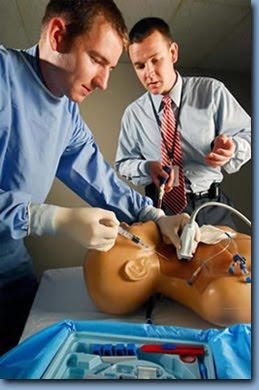Journals as ranked by nephrology fellows
RFN wanted to know which journals were most helpful for nephrology fellows in training. As a busy nephrology fellow it can be difficult to find time to sift through the vast plethora of neprhology related journals. Interestingly, CJASN…









